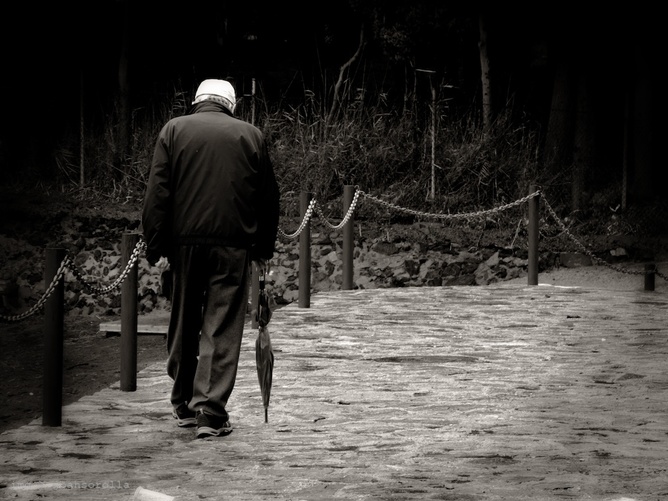Though men account for the overwhelming majority of suicides and have increasingly sought help for depression, the clinical community has yet to figure out how to better help them.
A new pilot study from Australia shows the extent of the problem. Men surveyed reported that instead of receiving tailored treatment regimens more suited toward them, the clinical community seems to take a one-size-fits-all-genders unstructured talk therapy approach. Few gave their clients goals to work towards or outlined skills they could gain to deal with their depression, which was the opposite of the action-oriented, functional treatment the men were most often seeking.
The authors recommend that instead of just delivering treatments, clinicians need to think more about the processes around delivering treatment, like the clinical relationship and communication. Now, men report they too often get a "talkfest" and that had a detrimental effect, making them angrier, because they felt they were wasting time and money on clinicians who were obeying a protocol rather than learning about them. A concerted effort towards active and empowering treatment could decrease the burden on clinicians through shorter treatment periods using a clear, structured approach, the patients believed. It should also increase men's mental health literacy and equip them with the skills they need to deal with depression so they are prepared when the next crisis arises.

Credit:
Joan Sorolla/Flickr, CC BY
"It would be more appropriate to use masculine traits like risk-taking and wanting to regain strength to our advantage," said Ph.D. student Zac Seidler about their paper in Australian Psychologist. "Men tend to want an idea of how treatment is going to work from the outset, a structured plan for working towards recovery, the power to gain skills that help them deal with depression and to feel in control of their lives.
"With available data suggesting many men who commit suicide seek professional help beforehand, this is a critical period in many people's lives, and one we ought to be getting right."
Citation: Zac E. Seidler, Simon M. Rice, John L. Oliffe, Andrea S. Fogarty, Haryana M. Dhillon, 'Men In and Out of Treatment for Depression: Strategies for Improved Engagement', Australian Psychologist 30 October 2017 DOI: 10.1111/ap.12331




